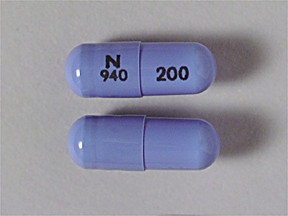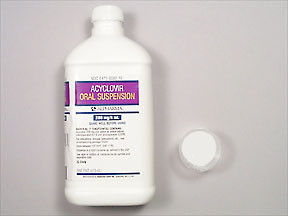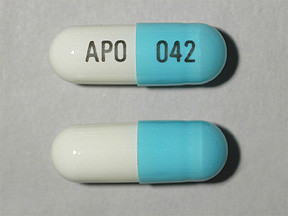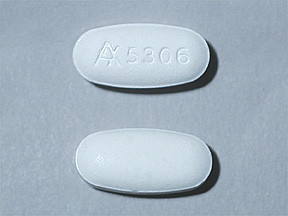ACYCLOVIR - ORAL
PHONETIC PRONUNCIATION: (ay-SYE-kloe-vir)
COMMON BRAND NAME(S): Zovirax
GENERIC NAME(S): acyclovir
Uses
USES: Acyclovir is used to treat infections caused by certain types of viruses. It treats cold sores around the mouth (caused by herpes simplex), shingles (caused by herpes zoster), and chickenpox. This medication is also used to treat outbreaks of genital herpes. In people with frequent outbreaks, acyclovir is used to help reduce the number of future episodes. Acyclovir is an antiviral drug. However, it is not a cure for these infections. The viruses that cause these infections continue to live in the body even between outbreaks. Acyclovir decreases the severity and length of these outbreaks. It helps the sores heal faster, keeps new sores from forming, and decreases pain/itching. This medication may also help reduce how long pain remains after the sores heal. In addition, in people with a weakened immune system, acyclovir can decrease the risk of the virus spreading to other parts of the body and causing serious infections.
How to use ACYCLOVIR - ORAL
HOW TO USE: Take this medication by mouth with or without food, usually 2 to 5 times a day as directed by your doctor. Drink plenty of fluids while taking this medication unless your doctor directs you otherwise. If you are using the liquid form of this medication, shake the bottle well before each dose. Carefully measure the dose using a special measuring device/spoon. Do not use a household spoon because you may not get the correct dose. This medication works best when started at the first sign of an outbreak, as directed by your doctor. It may not work as well if you delay treatment. Dosage is based on your medical condition and response to treatment. In children, dosage is also based on weight. This medication works best when the amount of drug in your body is kept at a constant level. Therefore, take this drug at evenly spaced intervals. To help you remember, take it at the same times each day. Continue to take this medication until the full prescribed amount is finished. Do not change your dose, skip any doses, or stop this medication early without your doctor's approval. Tell your doctor if your condition persists or worsens.
Side Effects
Precautions
Interactions
Overdose
Images
Reviews
Faq for ACYCLOVIR - ORAL
Acyclovir oral medication is primarily used to treat viral infections caused by the herpes simplex virus, including genital herpes, cold sores, and shingles.
Acyclovir works by inhibiting the growth and spread of the herpes virus, thereby reducing the severity and duration of symptoms. It does not cure the infection but helps to relieve the symptoms.
The dosage of acyclovir can vary depending on the condition being treated. For genital herpes, the typical dosage is 200 mg taken orally five times daily for five days. It's important to follow the prescribed dosage and duration recommended by your healthcare provider.
Like any medication, acyclovir may cause side effects. The common side effects include nausea, vomiting, diarrhea, headache, and dizziness. If you experience any severe side effects or allergic reactions, it is important to seek medical help immediately.
Acyclovir is not a cure for herpes, and it cannot completely prevent the transmission of the virus to others. However, it can reduce the risk of transmission when taken during outbreaks and with proper precautions like using condoms.
Acyclovir is generally considered safe to use during pregnancy. However, you should always consult with your healthcare provider before starting any medication while pregnant or breastfeeding.
Acyclovir is primarily used for herpes infections, but it may also be prescribed to treat other viral infections like chickenpox. However, it is important to consult your healthcare provider for appropriate usage and dosage instructions.
Although there are no specific interactions between alcohol and acyclovir, it is generally recommended to avoid or limit alcohol consumption as it may increase the risk of side effects and may also weaken the immune system.
Acyclovir may start to work within 24 to 48 hours of starting the medication, and you may notice a reduction in symptoms. However, it is important to complete the full prescribed course to ensure effectiveness and prevent recurrence.
Disclaimer
IMPORTANT: HOW TO USE THIS INFORMATION: This is a summary and does NOT have all possible information about this product. This information does not assure that this product is safe, effective, or appropriate for you. This information is not individual medical advice and does not substitute for the advice of your health care professional. Always ask your health care professional for complete information about this product and your specific health needs.






No Reviews Yet